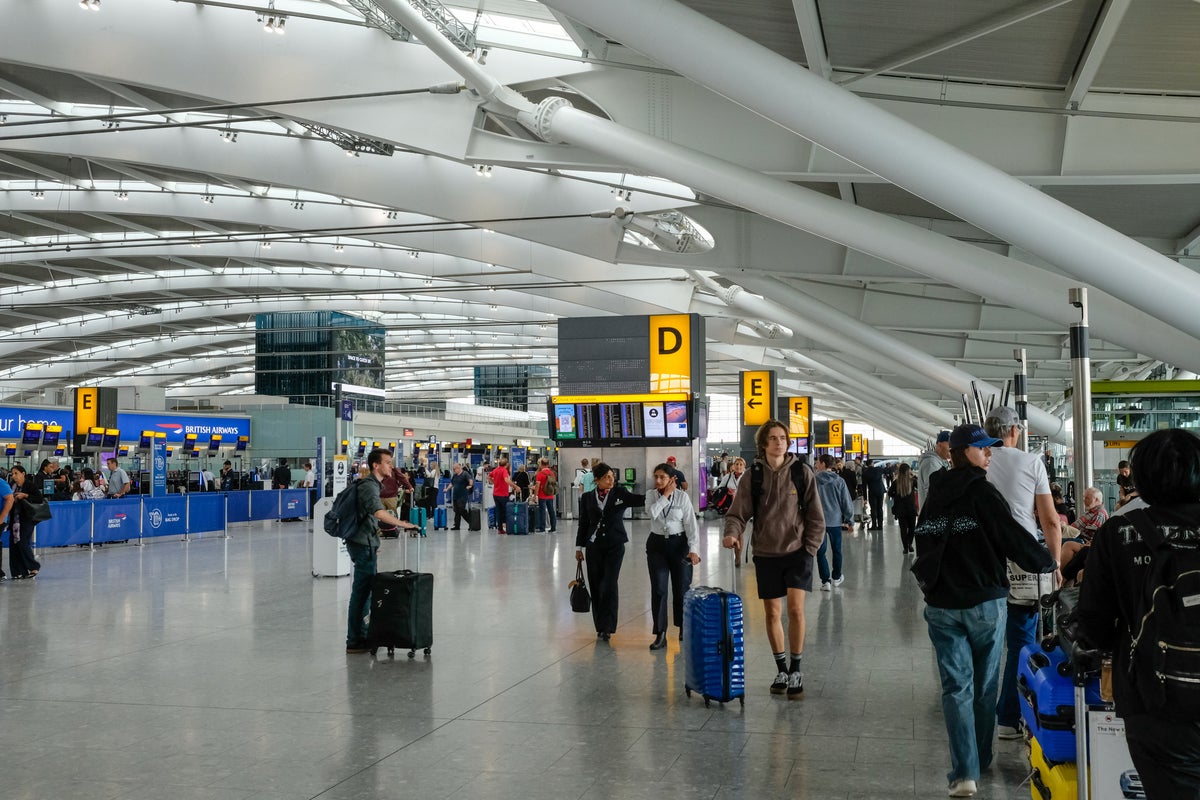A report has found nearly 80 per cent of travellers are worried about the impact that US trade tariffs may have on prices at overseas destinations.
The Post Office Travel Money’s Holiday Spending Report found that two-thirds (66 per cent) of people are planning a holiday abroad this year, and nearly four-fifths (78 per cent) are worried about the tariff impact on prices abroad.
More than half (53 per cent) even plan to avoid destinations where they believe tariffs could affect resort prices.
The Post Office, which conducted two surveys of more than 2,000 people in April and May, found that holidaymakers rated Spain, Turkey and Thailand as being the “best value for money” out of 39 worldwide destinations.
Over three-quarters (77 per cent) still said that exchange rates are a big concern for them.
More than half (52 per cent) of holidaymakers said they will budget more for their next holiday due to increased costs.
Over four-fifths (82 per cent) said that they had set a budget, averaging £377, on their last trip but seven in 10 (71 per cent) admitted blowing their budget by £140 on average.
Laura Plunkett, head of travel money at the Post Office, said this year’s holiday spending research “again demonstrates that holidaymakers don’t always set a realistic budget and overspend by large amounts as a result”.
An earlier report by research firm Tourism Economics found inbound travel to the US was projected to decline by 5.5 per cent this year, instead of growing by nearly nine per cent as had previously been forecast.
It suggested a further escalation in tariffs and trade wars could result in further reductions in international tourism, which could amount to a US$18 billion (£13.8 billion) annual reduction in tourist spending in 2025.
Research from home-swapping platform Kindred in May revealed travellers are finding new ways to make their money stretch further as living costs continue to rise.
About 39 per cent are looking for more cost-effective accommodation, while others are staying with friends or family (30 per cent) and just over a quarter (26 per cent) are opting for staycations.

